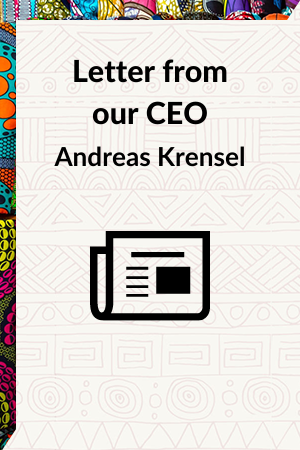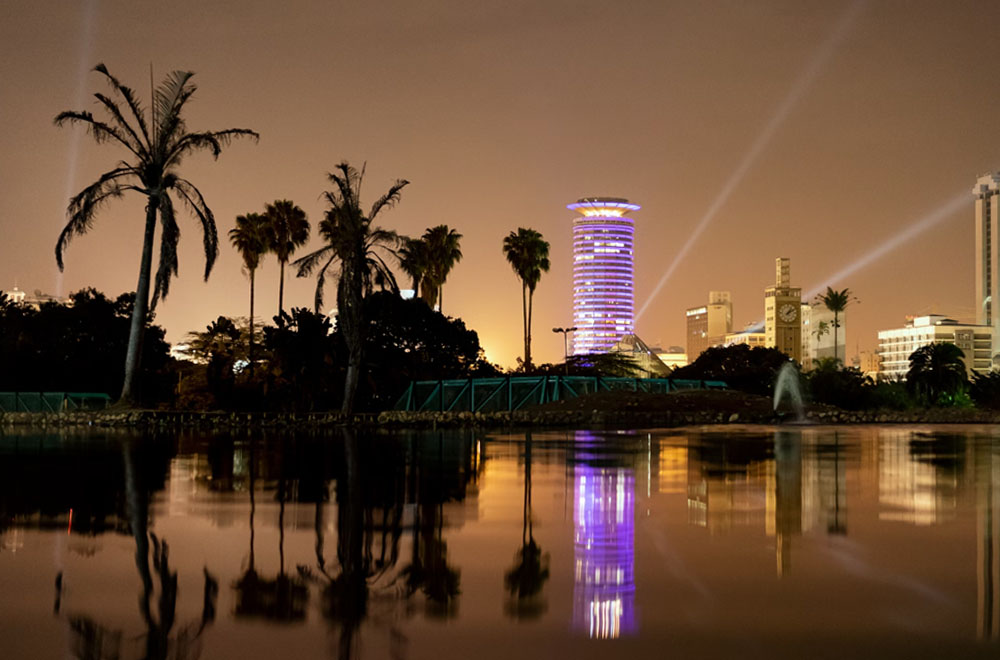A Happy New Year to you, dear readers. I hope you’ve had a good start so far. May it be blessed and may we all experience increased overall positivity compared to the previous two years.
I had a good start to the year – I experienced decent weather at the Garden Route (important when camping) and my family is finally able to start enjoying our renovated house. At IBN, we closed our offices over the holidays and had a well-deserved rest. The new year started strong, with fairly high numbers of inquiries coming through and permanent residence finally opening at the Department of Home Affairs (DHA).
I am quite surprised by the high number of German, Dutch and French citizens who have recently ended up in our offices for a consultation, enquiring about extending their stays in SA because of the Covid policies in their respective countries. I hear extreme unhappiness with the policy decisions made but most importantly, real fear around the division of their societies. For German nationals especially, this seems to be a major concern. Combined with record-high property prices in their home countries, many foreign nationals are deciding to sell their investments and move to SA. Most of them plan for one or two years of stay, put their children into local schools and look for business opportunities or continue working remotely for their own businesses or overseas employers.
We are also witnessing a dramatic increase in remote workers who wish to live in SA and continue working remotely for their overseas employers. This is driven by multinationals developing HR policies around this topic. I suspect the number of digital nomads enquiring with us will only increase in the future. It would be awesome if SA could offer an immigration solution to them. I wrote an article on this topic recently which you can find here.
As already mentioned, Permanent Residence Permit (PRP) applications are finally open. The submission of new permanent residence applications was stopped in March 2020. I was recently asked by Business Insider to comment on this issue. You can find the interview here. In summary, the Minister announced they would use the time to clear the outstanding PRP backlog. I can assure you, while we see a trickle of approvals coming through, the backlog has NOT been cleared and remains massive. I don’t even want to mention the fact that foreigners who were eligible for submission could not exercise this right for almost two years. The result is that these foreigners might have to wait now for five years for their PRP from March 2020, instead of the usual, already unacceptable, two to three years processing time. This is unfortunate and extremely detrimental to SA’s interest. Our courts have determined that 10 months is a reasonable time frame to adjudicate permanent residence. Other African countries, for instance, Namibia and Kenya, process them in around eight to 10 months. Why not SA?
I hear this often and can confirm – foreign nationals in SA want to be emotionally acknowledged as PRP holders and not feel like temporary visitors, especially when they invest in the country or have critical skills. They can feel unwanted and therefore might consider settling somewhere else.
I fear that this may be precisely what DHA officials, politicians and yes, I’ll say it, a majority of South Africans want. The visits of the EFF at restaurants intimidating employers of foreigners smacks of fascism. The clear stance of Action SA against illegal (not foreigners per se) foreigners and their recent success at the municipal polls have pulled this underlying sentiment into the open. I must remind you of the unrest in Kwazulu-Natal in July last year. The withdrawal of the Zimbabwean Exemption Permit (ZEP) is another example. Political pressure, paired with SA’s extremely high unemployment rate will lead to several restrictions for foreigners in the future.
To be clear, I am not in favour of illegal immigration and I am not a refugee specialist. However, SA has a constitution that subscribes to international conventions, even if at least one Minister seems to think it is a rather useless document. Our problem is not legislation, it is enforcement, not just in immigration but in all spheres of administration. Enforcement, however, requires resources, leadership and the motivation to work. I’ll leave it there.
This brings me to my outlook for 2022 from an immigration point of view: I do believe we will get a new Critical Skills List in line with the draft. I do not expect a major reduction in criteria. I also think a maximum number of foreign employees will be determined to be employed in certain sectors, such as tourism, logistics and agriculture. This will be introduced by the Minister of Labour, not Home Affairs. I think our labour legislation will introduce further restrictions and possibly also additional reporting obligations.
Additionally, unless some political dealings on an African level prevent this, I believe that most Zimbabweans who cannot change into the “normal” immigration system will have to leave SA at the end of 2022.
The Minister of Home Affairs intends to query all permanent residencies and citizenships issued in the last 10 years or even longer, focusing on reducing the number of foreigners (I agree that foreigners who have obtained their residence illegally should be deported) instead of processing residence applications within a reduced time frame.
This method will make it more difficult to employ foreign nationals, introduce unnecessarily administrative burdens and ignore utilising immigration to grow the economy. Yes, the president says differently, but I believe his intentions will be sabotaged by the administration.
While this month’s letter may seem a bit doom-and-gloom, at IBN Immigration Solutions, we’re hopeful that 2022 holds good things for the immigration landscape, if the SA government decides to play ball.



